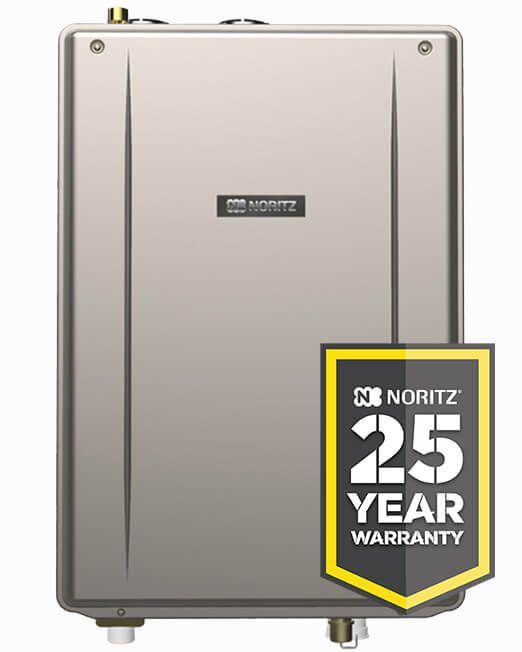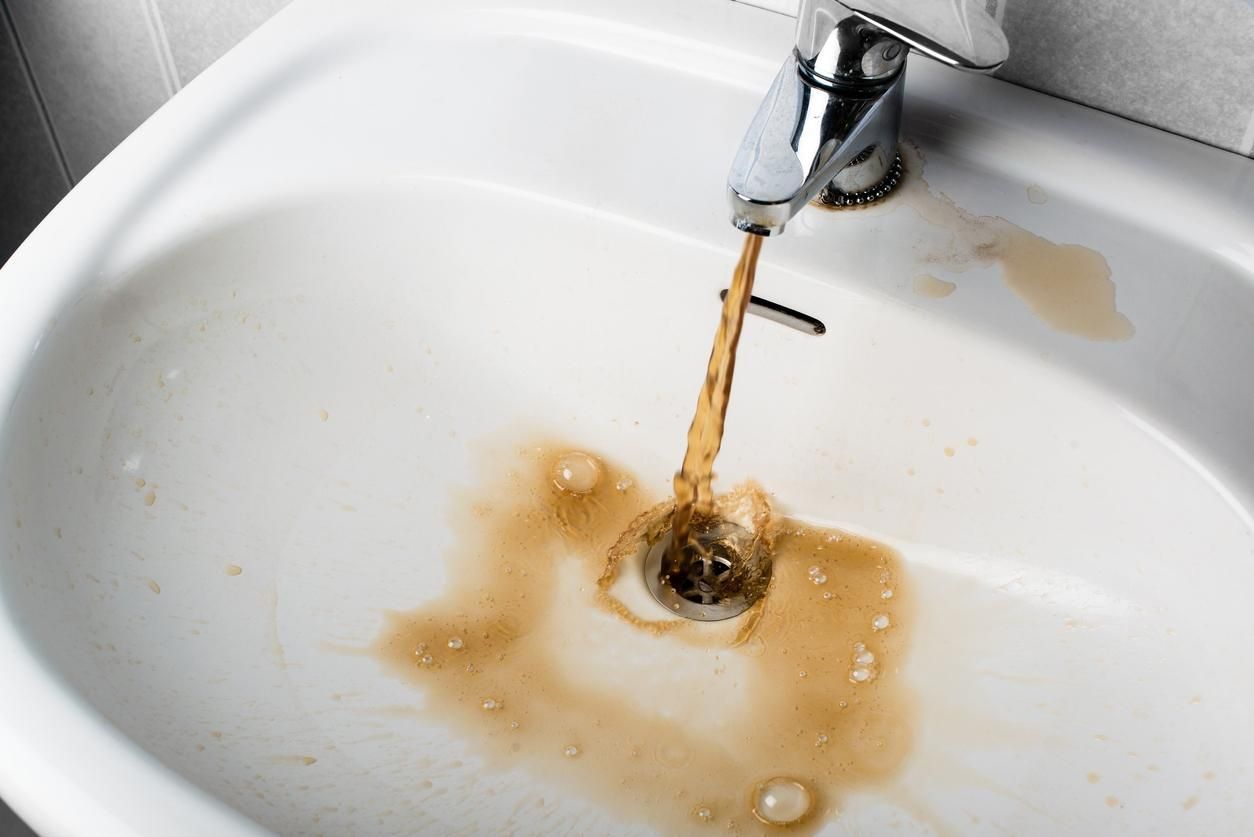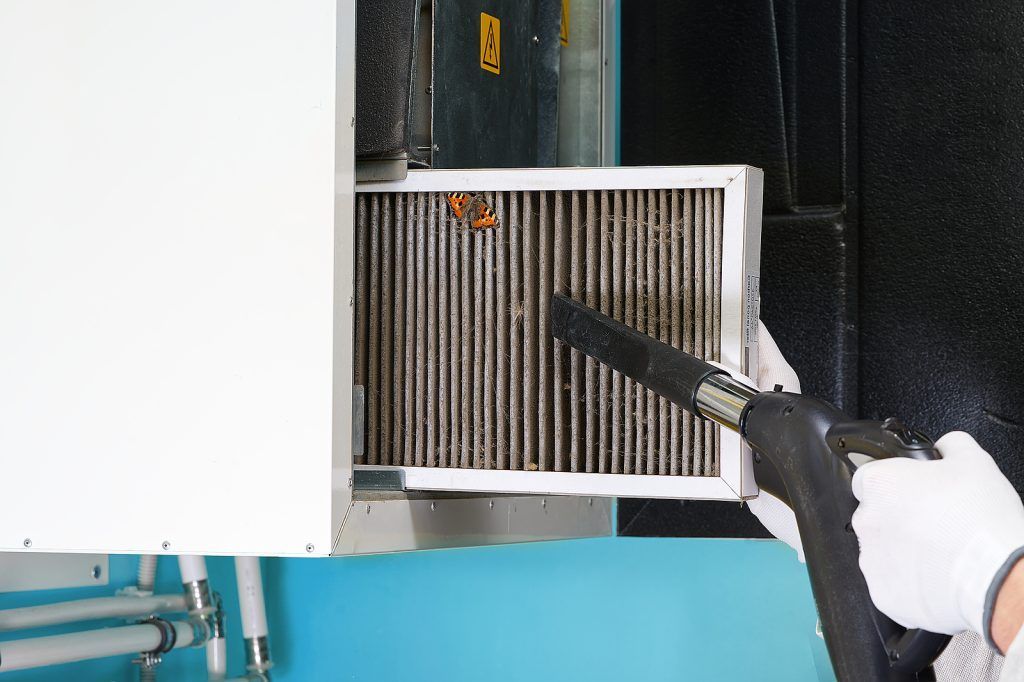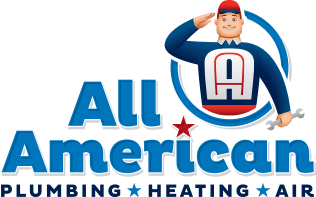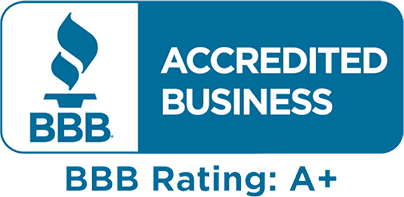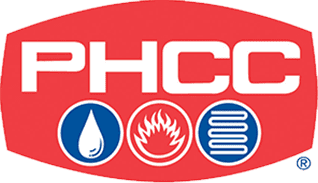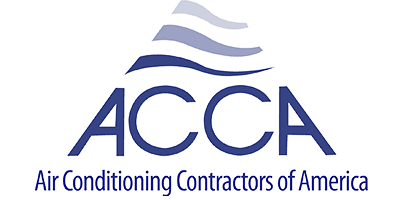Facts VS. Fiction: Common Heat Pump Misconceptions
SHARE THIS POST
When choosing a HEATING SYSTEM for your home, it’s important to consider all the options available to you. For many homeowners, the choice is ultimately narrowed to two: heat pumps and gas furnaces.
But making the final determination can be easier said than done. To make an informed decision with your investment, it’s important to separate the facts from fiction. Many homeowners are unaware that HEAT PUMPS can be energy-efficient, offer year-round heating/cooling capabilities, and pose zero carbon monoxide risks inside homes.
Allow us to set the record straight regarding some of the biggest heat pump misconceptions.
Fact: Heat Pumps Are More Expensive Up-front Than Furnaces.
While the initial price of heat pumps might cause some sticker shock, homeowners must also consider monthly utility costs. For those in a moderate climate with temperatures that don’t typically dip below freezing, heat pumps can provide both heating and cooling capabilities for year-round comfort. In this instance, heat pumps are much more energy-efficient than furnace systems, giving them the potential to be more cost-effective overall.
Fiction: There Is Only One Kind Of Heat Pump.
There are actually three different types of heat pumps available:
- Air-to-air which is the most common
- Ductless mini-split similar to a window AC unit
- Geothermal which uses the warmth within the earth to heat your home
Finding the best heat pump for your specific needs depends on a wide range of factors, including the average temperatures experienced where you live, the amount of space you have to spare for the unit, and your budget for the initial purchase, just to name a few.
Fact: Gas Furnaces Produce More Heat Than Heat Pumps.
If you live in an area where temperatures frequently fall below freezing, a gas furnace will likely be a more reliable heating source for your needs. Furnaces provide hotter air than heat pumps, a fact that is accompanied by both pros and cons. The benefits of this warmer air (more reliable heat with less work for the furnace) outnumber the cons (dry air that can lead to dry skin and potentially wasted energy) for many homeowners.
Fiction: The Risk For Carbon Monoxide Exists With Both Heat Pumps And Furnaces.
Since heat pumps don’t use combustion, they also do not create any carbon monoxide. Furnaces, however, do produce carbon monoxide, which can result in a health risk if the unit is not properly installed, inspected, or maintained.
Choosing The Best Heating System
There are many pros and cons with both heat pumps and furnace systems. To determine which heating system is the best fit for your needs, it is important to consider the options available to you and to do plenty of research. While there is no true one-size-fits-all approach for finding a reliable heating source, there are plenty of ways to determine the choice that makes the most sense for you both in terms of economics and heating efficiency.
If you’re interested in learning more about heat pumps, reach out to ALL AMERICAN PLUMBING, HEATING & AIR. Our knowledgeable team proudly serves the Central Valley. Call us today at (209) 337-3721.
OUR RECENT ARTICLES
